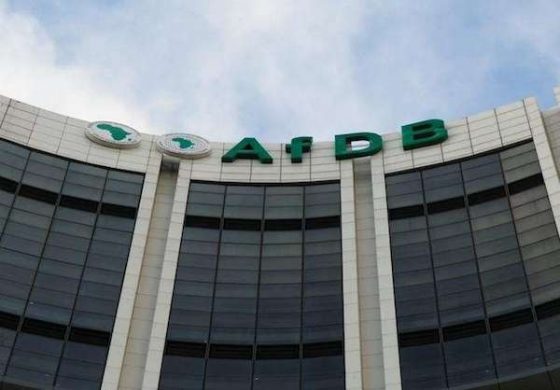Fitch Ratings, one of the world’s leading rating agencies, has affirmed the African Development Bank’s (AfDB’s) long-term credit rating: AAA with a Stable Outlook.
The latest rating represents a very strong endorsement of the development finance institution’s financial strength and profile, as well as the extraordinary support of its shareholders.
Fitch in its latest affirmation of the bank highlighted the importance of the bank’s public mandate, its governance, and the excellent quality of its risk management, amongst other positive performance indices.
Commenting on the Fitch Rating’s scorecard, the AfBB’s Acting Vice President for Finance and CFO, Hassatou N’Sele, said: “this stellar credit rating allows the African Development Bank to provide financial resources to African countries at favorable levels to develop their economies.
“This is extremely important in the current environment of rising interest rates and issues around debt sustainability”, the banker added.
The bank’s role in shaping the global development landscape received additional recognition this week as Publish What You Fund, the global campaign for aid and development transparency, ranked its Sovereign Portfolio first out of 50 global development institutions in its 2022 Aid Transparency Index.
Based on its strong financial position, the Bank has launched game-changing initiatives for Africa, from helping African countries build back from Covid-19 recovery, to tackling the global food insecurity crisis sparked by the Russia-Ukraine conflict.
As the global food crisis brought growing fears of food insecurity in Africa, the bank approved a $1.5 billion African Emergency Food Production Facility which will provide 20 million smallholder farmers on the continent with certified seeds and access to agricultural fertilizers to enable them to rapidly produce 38 million tonnes of food.
This will see a $12 billion increase in food production in just two years and will build on the success of its flagship Technologies for African Agricultural Transformation (TAAT) programme, which has delivered heat-tolerant wheat varieties to 1.8 million farmers in seven countries. Some 40 countries have already applied for funding from the Facility.
The bank has also been instrumental in the establishment of the African Pharmaceutical Technology Foundation in Rwanda to significantly enhance Africa’s access to the manufacture of medicines, vaccines, and other pharmaceutical products to help hasten the continent’s post-pandemic recovery.






